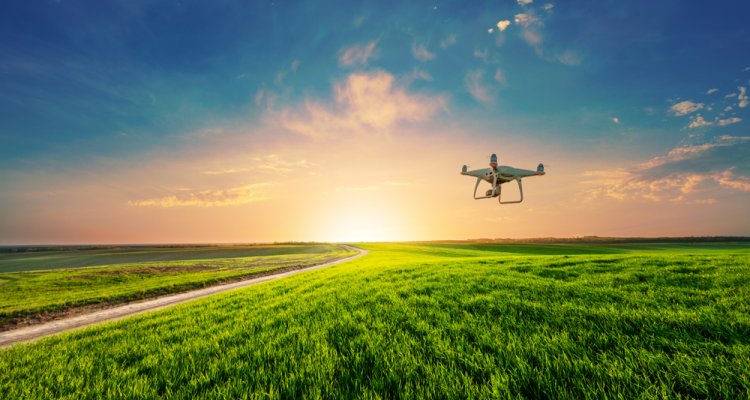
Project
Sensing approaches for food value chains
Food supply chains are under constant pressure to provide increasingly more food, with better quality and in a sustainable manner, while reducing food losses and delivering a safe product, leading to a healthy consumer. Data driven technological advances, supported by innovations in emerging sensor technologies and data sharing infrastructure, can play a key role in addressing these challenges.
The primary objective of this project is to help address the observation challenge throughout the food supply chain, and convert those into relevant information. This necessitates addressing a multitude of technological innovations, from sensing technologies, to data analytics, to new data-infrastructure concepts. The key research question is: Which sensing technologies and supporting AI and data infrastructure facilitates measurement of relevant characteristics in a non-invasive and non-destructive manner (plant phenotyping, animal welfare, quality, consumer intake, food fraud) and at scale (from groups/lot/batches to individuals). Overall, this project explores novel sensing technologies, supported AI approaches and data-infrastructures to tackle challenges in the journey of our food from farm to fork to waste!
The developments and investigations in this project will be demonstrated across 5 use-cases and 3 high-potential ideas at the tasks of: Monitoring animal welfare; Sensing of crop development and performance indicators as well as pest control; Quality assessment in post-harvest processes and the supply chain logistics; Food intake and food properties measurement for personalized nutritional advice; Non-invasive detection of food adulteration, and Retail food waste upcycling for animal feed.